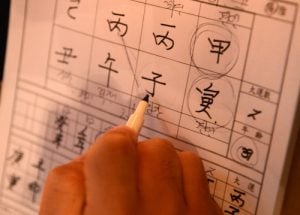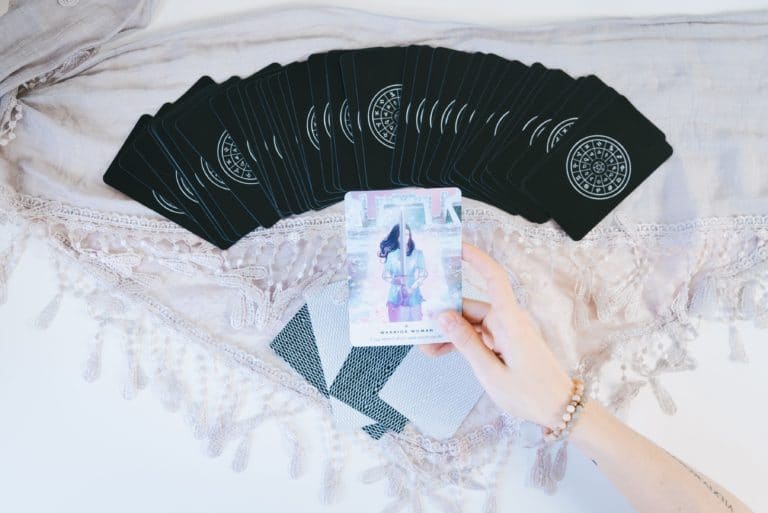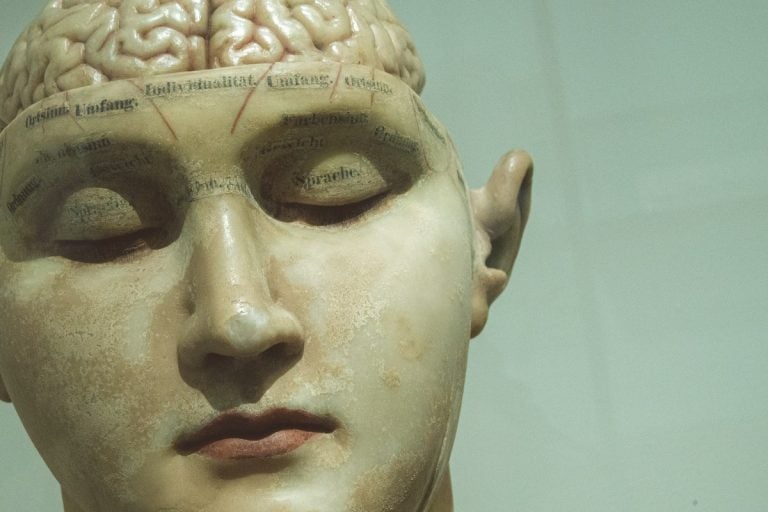Zi Wei Dou Shu vs BaZi – Which is Better?

Growing up in Taiwan, BaZi (Four Pillars of Destiny) is a household name. For many, it begins with the tradition of having a BaZi chart read as a newborn to select an auspicious name that complements the child’s natal elements. Later in life, people turn to BaZi for guidance during challenging times or to assess marital harmony before tying the knot—a custom rooted in the days of arranged marriages. While BaZi is widely recognized in Chinese communities worldwide, how does it stack up against Zi Wei Dou Shu (Imperial Astrology)?
What is BaZi?

BaZi (八字), meaning “Eight Characters,” is one of the most popular Chinese fortune-telling methods, with roots tracing back to the Tang Dynasty (8th century) or even earlier in the Han Dynasty. Its name stems from the eight characters that make up a person’s natal chart, representing the yin, yang, and five elements (Wood, Fire, Earth, Metal, Water) based on the birth year, month, day, and time.
Each chart is structured into four pillars, with two characters per pillar, symbolizing how cosmic energy shapes a person’s character, nature, and destiny. BaZi’s simplicity and accessibility made it popular not only in China but also in neighboring cultures like Japan and Korea (where it’s called Saju). This ease of use and broad application has solidified its place as the most widely practiced Chinese metaphysical system today.
What Is Zi Wei Dou Shu?
Unlike BaZi, Zi Wei Dou Shu was originally reserved for the emperors, developed as a tool of Imperial Astrology. It was kept secret until the fall of the Chinese empire in the early 20th century. While all Chinese metaphysics originates from the ancient I Ching (The Book of Changes), Zi Wei Dou Shu evolved as a more refined and intricate system, maturing during the Ming Dynasty (14th–17th centuries).
Zi Wei Dou Shu integrates principles from Taoism, yin-yang theory, Traditional Chinese Medicine, and even Feng Shui. It conceptualizes the relationships between man, space, and time in a tabular and graphical format, offering a highly dimensional view of destiny. With its ability to extract micro-level details about specific events, relationships, and timing, Zi Wei Dou Shu remains one of the most precise tools in Chinese metaphysics.

BaZi vs. Zi Wei Dou Shu: Key Differences
1. Accessibility vs. Depth
- BaZi offers a broad, macro perspective on life. It’s relatively easy to learn and provides quick insights into personality, strengths, weaknesses, and life cycles. However, its abstract nature can make it difficult to pinpoint specifics.
- Zi Wei Dou Shu is more complex to master but offers a micro-level view of life’s details. It’s a powerful tool for answering specific questions about “who, what, when, where, and why.”
2. Origins and Applications
- BaZi was designed for commoners and gained widespread popularity due to its accessibility and practicality.
- Zi Wei Dou Shu, on the other hand, was developed for imperial use, focusing on comprehensive life analysis and strategic decision-making.
3. Chart Complexity
A BaZi chart consists of eight characters and their interactions with the five elements. Meanwhile, a Zi Wei Dou Shu chart involves 12 palaces/palaces (e.g., Career, Relationships, Wealth) and over 100 stars, making it a far more intricate system with nearly 260,000 permutations.
4. Ease of Learning
- BaZi is perceived as easier to learn for beginners, offering quick insights from a glance.
- Zi Wei Dou Shu requires more effort upfront but becomes highly intuitive once the principles are understood, offering unparalleled depth and precision.
Which Is Better?
The answer depends on your goals. Both systems are rooted in Chinese metaphysical wisdom and offer accurate insights. BaZi excels in providing a big-picture view of life and understanding energy cycles, making it great for general guidance. Zi Wei Dou Shu, however, is the system to turn to if you’re seeking specific answers and want to dive deeply into the nuances of your destiny.
Ultimately, the skill and experience of the practitioner play a crucial role. While many practitioners offer both services, true mastery lies in the ability to deduce and reason with clarity, regardless of the system.
A Matter of “Yuan-Fen”
In Chinese, 緣分 (yuan-fen) describes fateful encounters or meaningful connections. Finding a skilled and insightful practitioner, whether in BaZi or Zi Wei Dou Shu, is a matter of yuan-fen. When you meet one who resonates with you, trust the journey they guide you on—it may very well be the key to unlocking your destiny!
Subscribe to Newsletter
I share insights on Zi Wei Dou Shu, reflections on life, and practical guidance to help you navigate your journey.—subscribe and stay inspired!
Unlock the Secret of Destiny
Follow me on Facebook for fortune insights, life coaching, and wisdom from Zi Wei Dou Shu!





